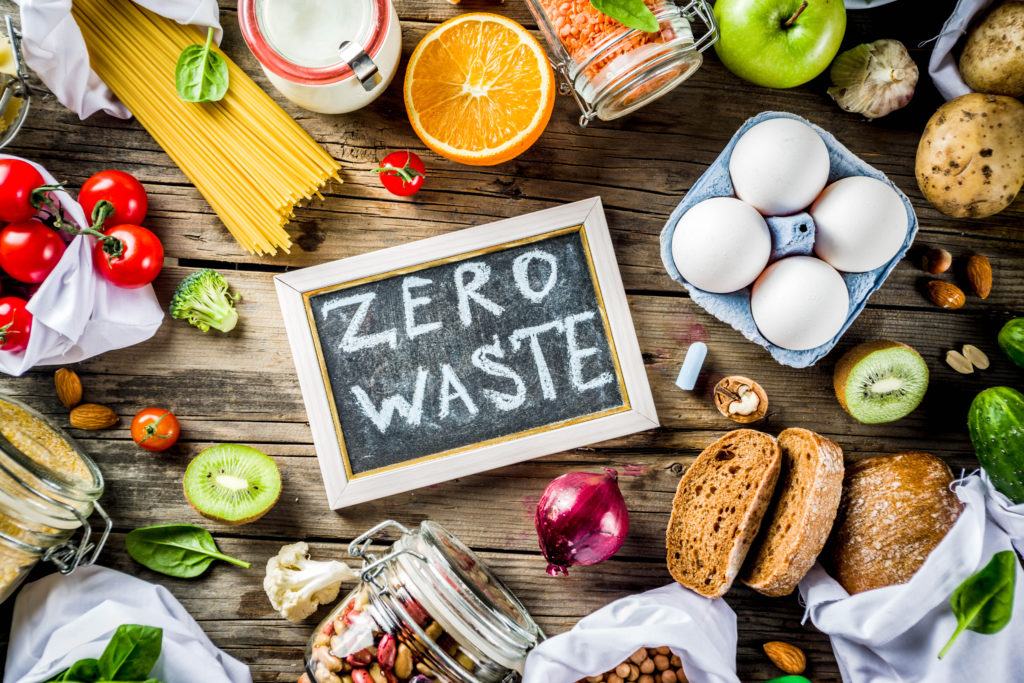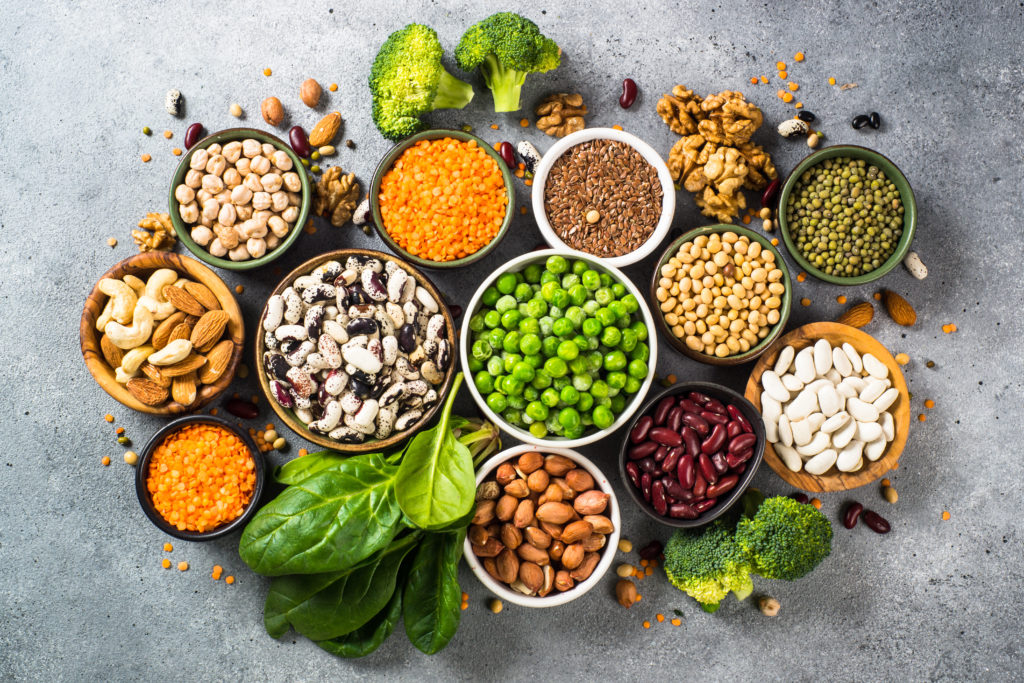
Introduction
The climate crisis is impacting food production in
several ways. Extreme weather events, such as droughts, floods, and heatwaves,
can damage crops and disrupt supply chains. Changing weather patterns and
temperatures can also affect the growth and productivity of agricultural crops.
Additionally, the loss of biodiversity can impact crop yields.
Over the next decade, the inadequacy of food supply chains will be emphasized by food waste and shortages, population growth, and erratic weather conditions. To address these challenges, companies in the food and beverage industry must continue implementing sustainable practices, such as promoting regenerative farming and sourcing ingredients from sustainable and resilient supply chains. These efforts will lessen the impact of the climate crisis on food production and ensure a more sustainable and secure food system for the future.
Consumer Concerns
Consumers have become more attentive to the environmental
credentials of food and drink brands. Some critical concerns among consumers include
food wastage and shortages. For instance, FMCG Gurus’ consumer insights
highlight that 68% of global consumers are concerned about food waste and 43% are
concerned about food shortages. This highlights the direct impact of these environmental
issues on health and the damage to natural resources. Additionally, consumers are
aware that rising temperatures can have an effect on food supplies due to increasing
temperatures.
As a result, more needs to be done to protect food sources. Companies
must ensure corporate and social responsibility should be put at the forefront
of brand philosophy and implemented along the supply chain.
Packaging Innovation
Consumers deem short shelf-life one of the biggest contributors to food waste. For example, FMCG Gurus’ market research reveals that 59% of global consumers state short shelf life of products is the main contributor to their food waste. This highlights the opportunity for packaging innovations by extending the shelf life of products without using preservatives. In doing so, brands must provide maximum reassurance over the safety and quality of such products to ensure appeal.
Alternative Protein Sources

With inadequate food supply chains, the plant-based
market is more of a necessity than ever before. This creates an opportunity for
the plant-based market to offer an alternative protein source amid these food
shortages. It is important to note that over the last couple of decades, plant-based
products have moved away from being a niche, but are part of a large proportion
of consumers’ diets. Many consumers incorporate plant-based products in their
diets through an avoidance or moderation of animal-based products, due to
health, sustainability, and ethical concerns.
As a result, brands must position plant proteins and
hybrids as a necessity to help address the food crisis. FMCG Gurus’ consumer
insights reveal that consumers find a variety of plant-based protein sources
appealing. For instance, 60% of global consumers find nut protein appealing,
followed by 56% who deem soy protein appealing. However, during today’s cost of
living crisis, the plant-based market must address barriers of affordability in
this market to enhance the value and appeal of protein sources and hybrids.
Upcycled Ingredients
Over the last couple of years, upcycled ingredients have
become a growing trend from a new product development perspective. With excess
food being put back into the supply chain as opposed to adding to food waste,
consumers find this process appealing due to its ethical and environmental
benefits. For example, FMCG Gurus’ market research reveals that 71% of global
consumers say they find upcycled ingredients appealing. The reasons for this
are due to associations with naturalness and tackling food waste.
Additionally, during a cost-of-living crisis, upcycled ingredients will have higher appeal, enabling these ingredients to be positioned as a win-win for the environment and the consumer.
